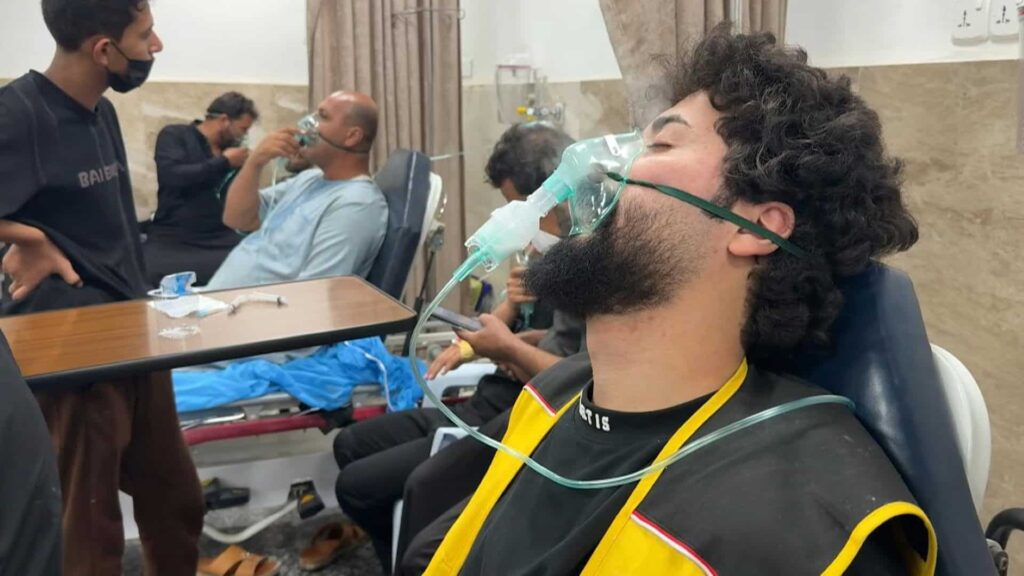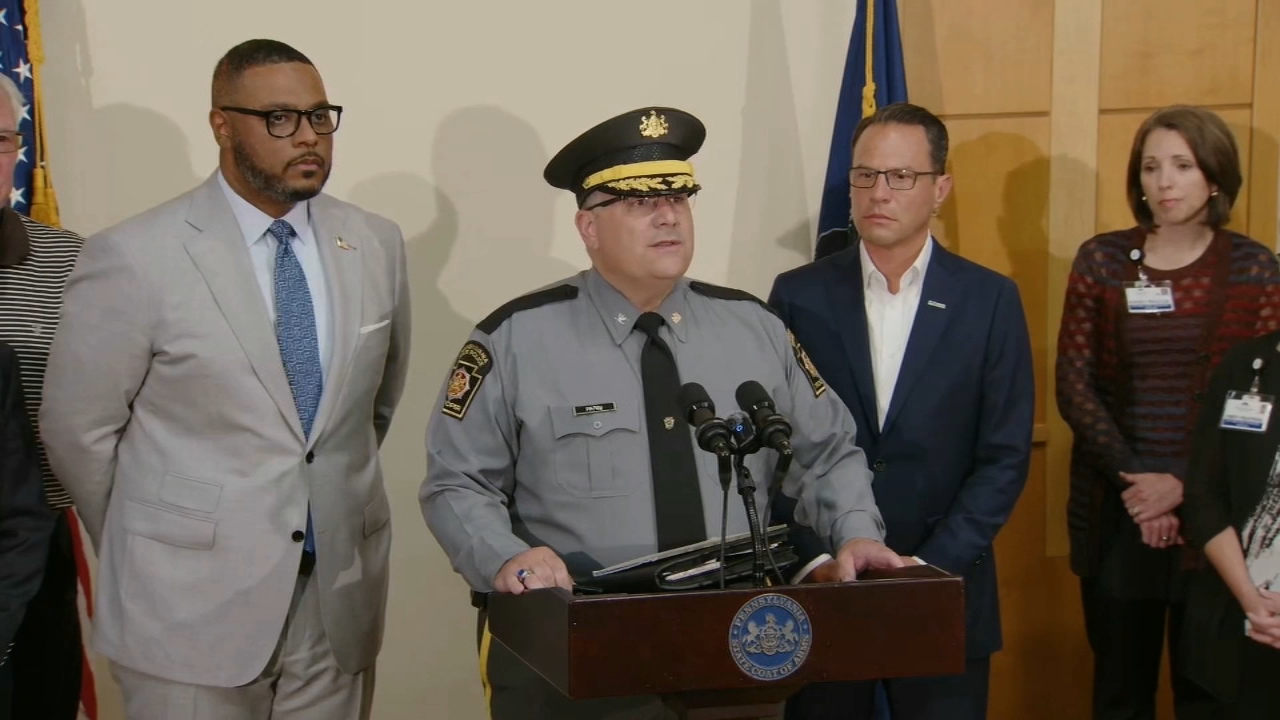Over 600 Shia Pilgrims Hospitalized After Chlorine Gas Leak in Iraq Ahead of Arbaeen Pilgrimage
More than 600 Shia Muslim pilgrims were temporarily hospitalized in Iraq after suffering from respiratory complications caused by inhalation of chlorine gas, local authorities have confirmed. The incident occurred as a result of a chlorine leak at a water treatment facility along a key pilgrimage route, underscoring growing concerns about Iraq’s fragile infrastructure and public safety mechanisms.
The leak took place during the night on the road connecting Najaf and Karbala, two of the holiest cities in Shia Islam, located in central and southern Iraq. This heavily traveled route is a major artery for millions of pilgrims who journey to Karbala each year to observe Arbaeen, a significant religious observance that marks the conclusion of a 40-day mourning period following Ashura, the day commemorating the martyrdom of Imam Hussein, the grandson of the Prophet Muhammad, and a central figure in Shia Islam.
Number of victims from Chlorine Gas Leak
According to a statement released by Iraq’s Ministry of Health, 621 individuals were treated for asphyxiation and breathing difficulties resulting from exposure to the chlorine gas. Fortunately, medical teams responded swiftly, and all those affected received the required medical attention and have since been discharged from hospitals in stable condition.

The Iraqi security forces, who are responsible for ensuring the safety of the pilgrims during large-scale religious events, attributed the incident to a leakage from a chlorine tank at a local water station situated on the Karbala-Najaf highway. They did not, however, specify the exact cause of the leak or whether any investigation was underway.
The event has highlighted persistent issues with Iraq’s outdated and poorly maintained infrastructure, a consequence of decades of war, political instability, corruption, and neglect. Safety standards across various public utilities, including water treatment plants and electrical facilities, are often subpar or inconsistently enforced.
This latest incident follows a string of public safety crises in the country. Just last month, Iraq witnessed a deadly fire at a shopping complex in the eastern city of Kut, which claimed the lives of over 60 people, many of whom reportedly suffocated inside restrooms as the fire spread rapidly through the building.
As preparations intensify for Arbaeen, which attracts millions of Shia pilgrims from Iraq and beyond, the government faces mounting pressure to ensure that basic safety protocols are followed, particularly in high-traffic religious zones. While no fatalities have been reported from the chlorine gas leak, the situation serves as a sobering reminder of the vulnerabilities within Iraq’s public services and the urgent need for systemic reforms.


